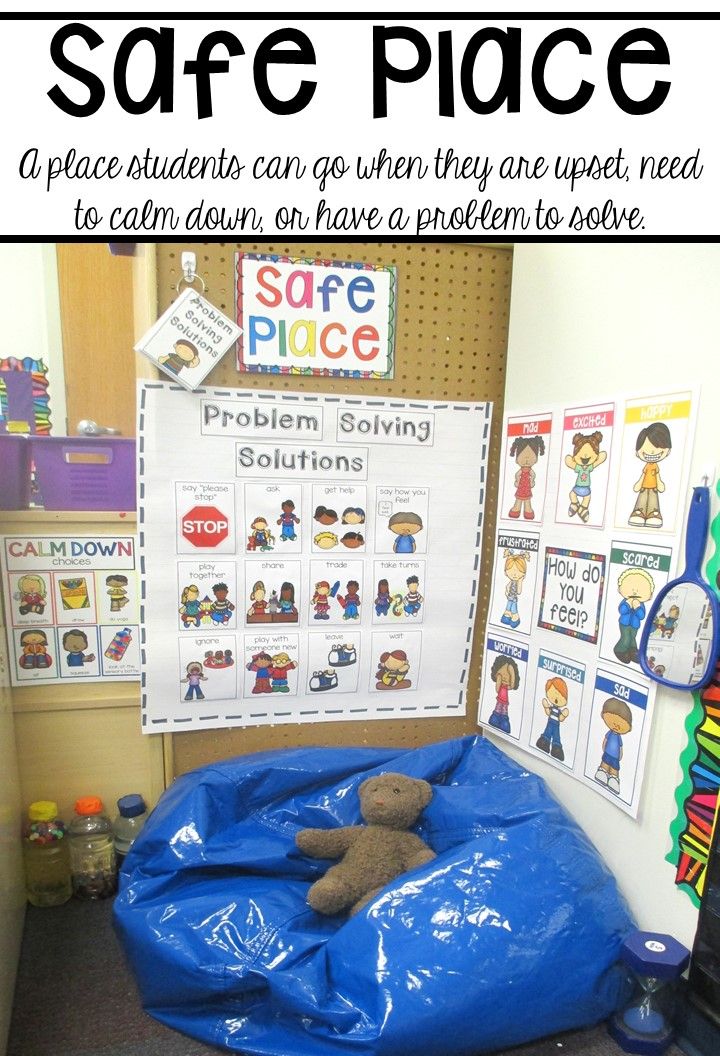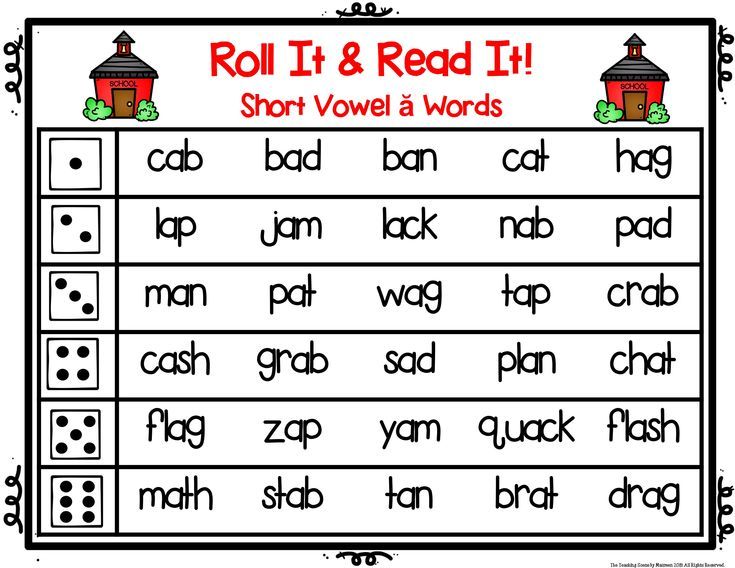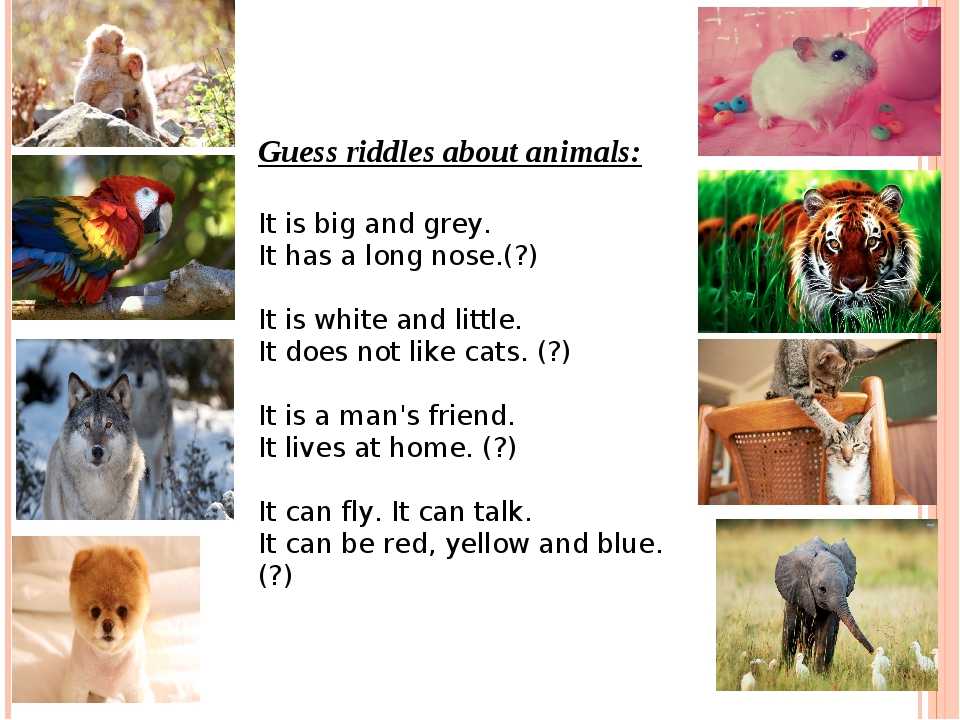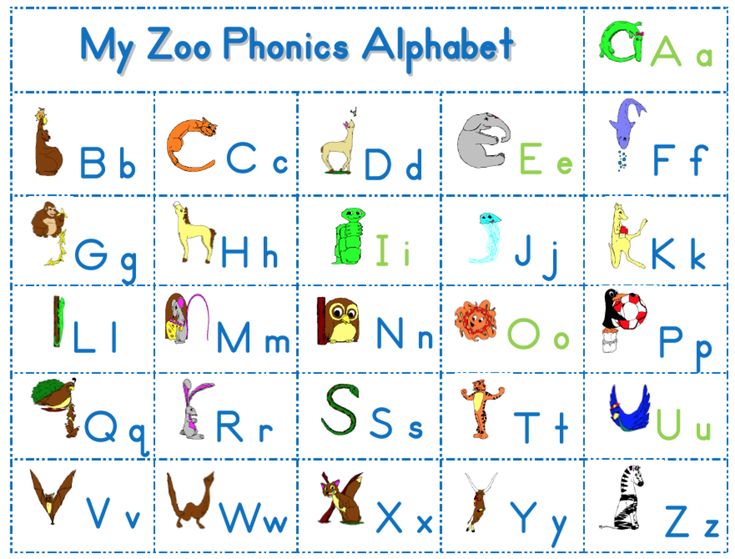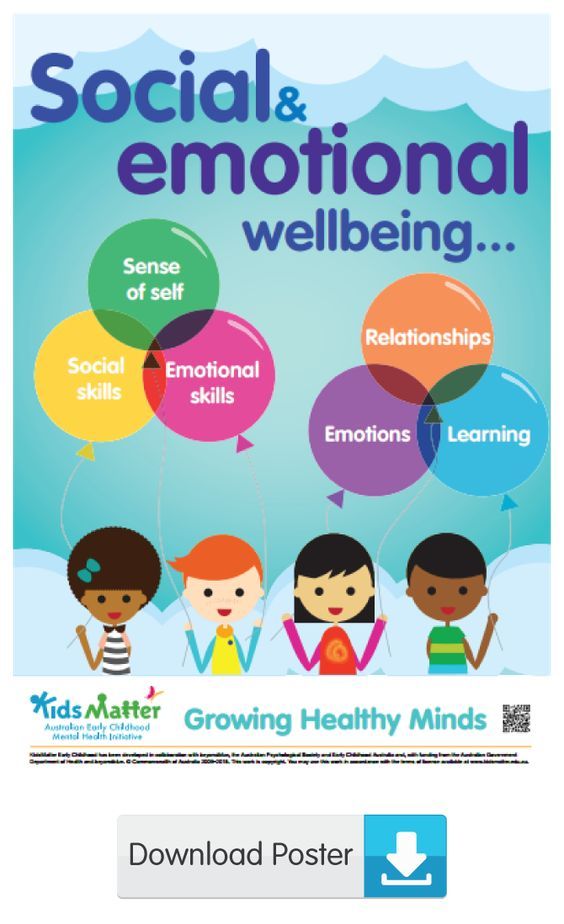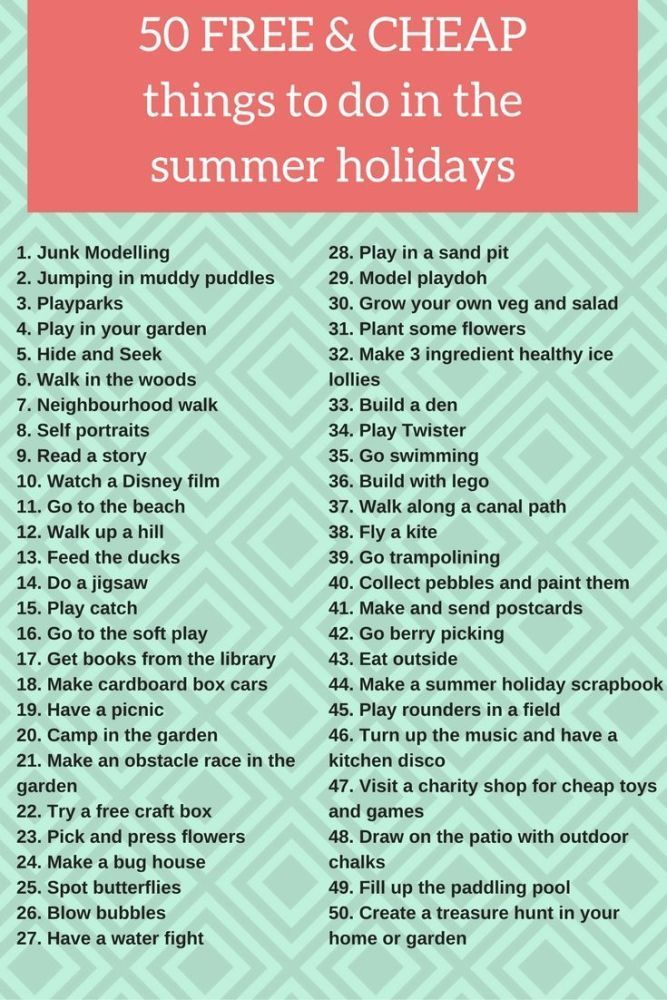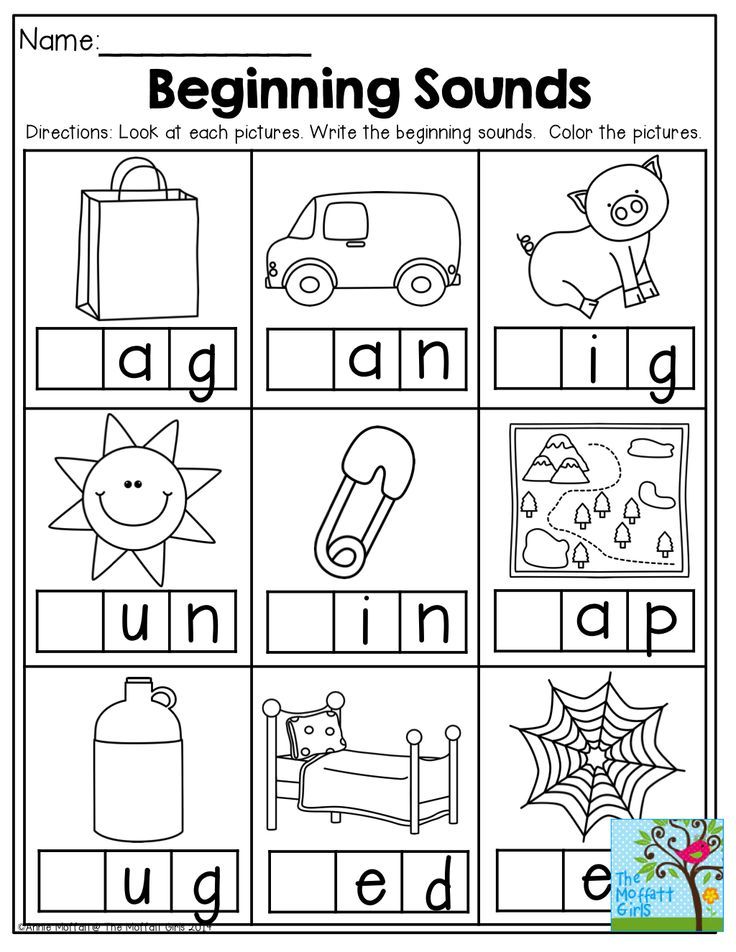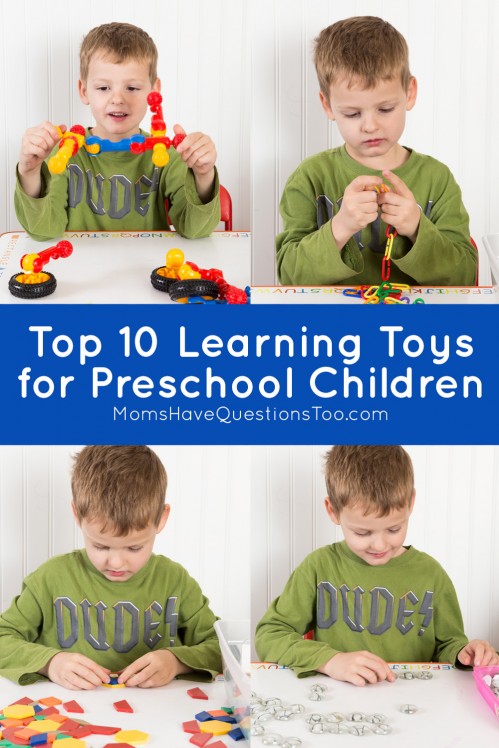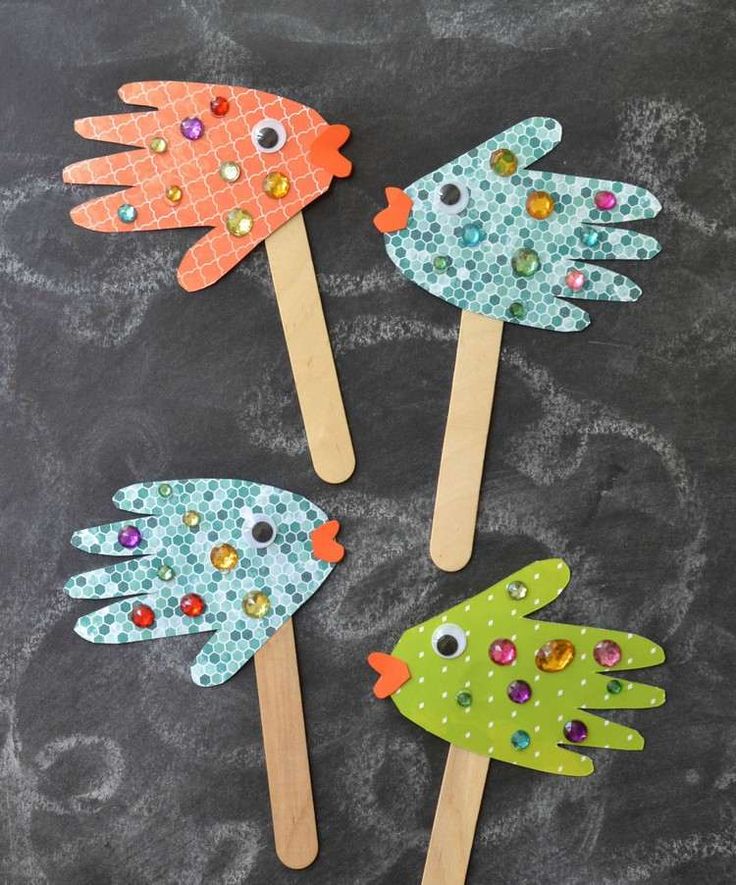Read to your child
Why It’s So Important and How to Start
Babies and young children are sponges that soak in practically everything in their environments. It’s true! Even during story time, their minds are at work, taking in all the language they hear and lessons the characters learn.
Reading to your child — at any age — will boost their brain development, your bond, and so much more. And all it takes is a few books, motivation, and a little time.
Here’s how to get started.
First, set the scene in your head. You choose a book. You sit down in your favorite armchair, with your child in your lap, and open to the first of many smooth, colorful pages.
You begin to read, and your child is utterly captivated by the story. It’s magic. What’s even better is that your child isn’t just having fun, they’re learning!
Reality may look a little different: Just know you’re not alone if your baby tries to eat the book or your toddler wanders around the room instead of sitting patiently. But the benefits of reading remain the same.
Bonding
Reading provides a wonderful opportunity for you and your child to connect. It’s a nice way to spend time together and slow down during an otherwise hectic day.
Research from 2008 pointed out how reading can support a solid parent-child relationship. Kids feel secure when they’re read to. Plus, caregivers who have a positive attitude toward books and reading in turn help their children view literacy in a positive way.
Listening skills
Hearing a story read aloud involves some level of comprehension on your child’s part. And comprehension is dependent on paying attention — in other words, listening skills.
The experts at Scholastic explain that listening is a skill kids must acquire before they can read themselves.
They suggest that books on tape are a great addition to reading one-on-one with your child. These often provide entertainment value, too, like silly voices, music, and other embellishments.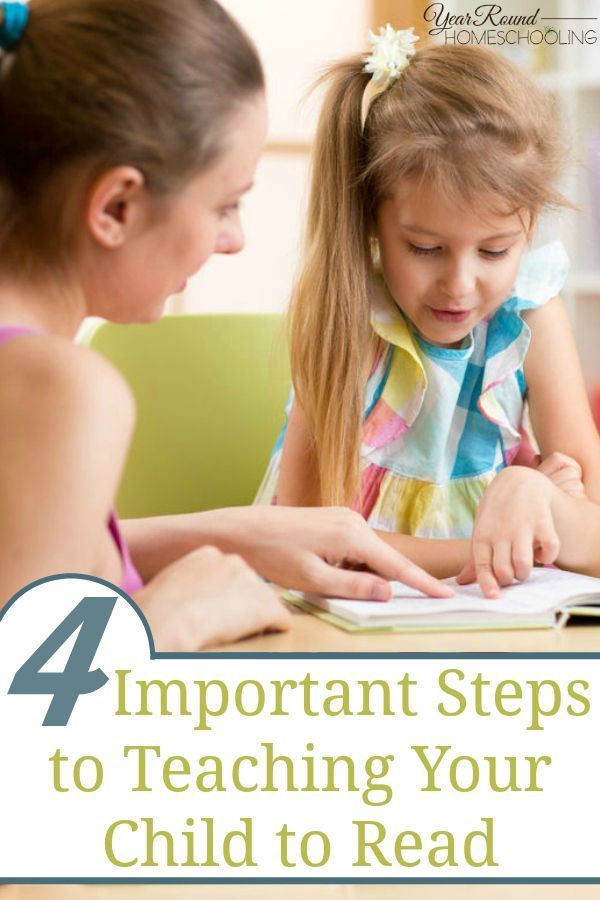
Cognitive and language development
Even the youngest children benefit from hearing their caregivers read to them. A 2013 study showed that babies who are read to and talked to score higher in language skills and cognitive development, like problem solving.
Research from 2018 suggests that this link extends throughout childhood into the teen years. In fact, researchers say that verbal interactions (reading, talking, etc.) between parents and young kids may promote higher language and IQ scores all the way up to age 14.
Expanded vocabulary
Experts from the National Center on Early Childhood Development, Teaching and Learning also explain that reading books to kids helps expand the number and variety of words they use. Think about it: The books you read often contain words you might not otherwise use in your everyday communications.
While reading a book, you might end up using more specific names for different plants or animals or use more adjectives (descriptive words) altogether.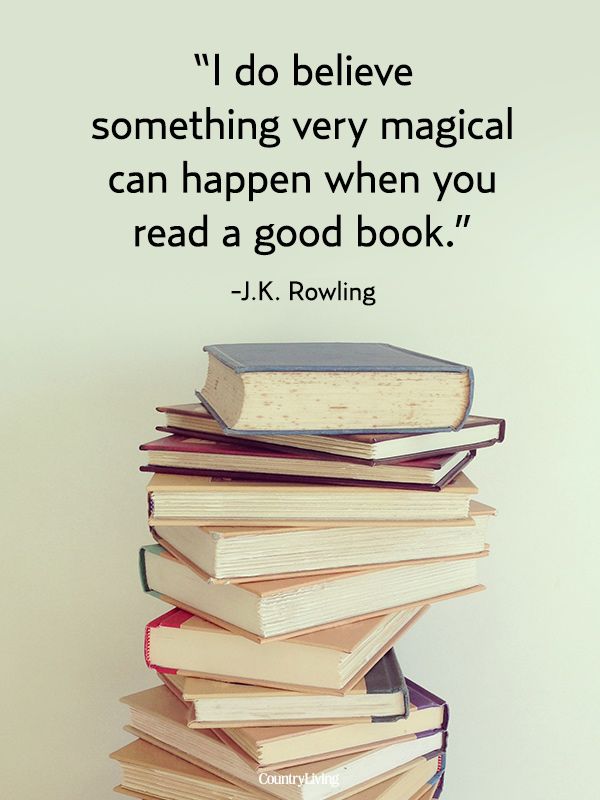 And this adds up.
And this adds up.
One 2019 study estimated that children who are regularly read to in the 5 years leading up to kindergarten are exposed to 1.4 million more words than children who aren’t read to during those years.
Attention span
Dinah Castro, a bilingual family well-being educator with Cornell Cooperative Extension, shares that reading to children helps them develop key concentration and self-discipline skills.
You’ve probably dealt with a squirming, distracted toddler at story hour. But what you may also notice is that — over time — regular reading gets kids listening in order to comprehend.
And when they’re listening, they’re more likely to sit still, develop a longer attention span, and even work on their budding memory-retention skills.
Creativity
Books and stories open up a whole new world to your child. Yes, there are plenty of nonfiction books on dinosaurs, bugs, and airplanes. Fiction stories, though, go beyond the real world and employ fantasy elements that get kids thinking outside the box.
Children have vivid imaginations as is, so reading serves to further feed their creativity. And experts at PBS note that creativity is important for developing interests and ideas, as well as for fostering emotional health.
Life lessons
Books provide an opportunity to talk about real-world situations in age-appropriate ways. Kids especially enjoy books that feature children their own ages doing things they do in everyday life.
Along with modeling what happens in various situations, reading books on targeted subjects may help children not feel alone when they deal with something new, like moving across the country, or something potentially uncomfortable, like going to the dentist.
Social and emotional development
Castro also says that reading to young children teaches them how to cope with “difficult or stressful experiences.” She further explains that reading stories about potentially emotional situations, like starting at a new school, can help get a conversation going and show children that their feelings are normal.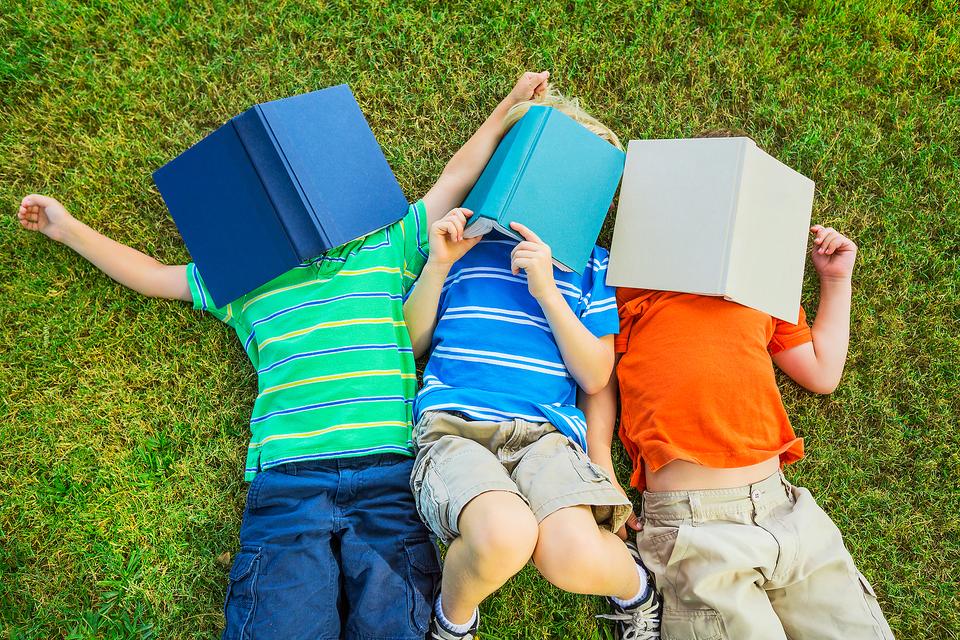
Start today! Babies, toddlers, preschoolers, and even older children all benefit from having a caregiver read to them. You don’t even need a large personal library of books to get started.
Think beyond the store — you can find a wide variety of books at your local library, secondhand shop, or Little Free Library. You can even encourage your child to borrow books from and lend them to their friends.
The youngest babies (under 6 months old) benefit from books that have simple but bold or bright images with lots of contrast. Talk to your baby as you look at the books, but words on the page aren’t necessary.
As they get a bit older (7 to 12 months), you may want to expand your collection to books with simple phrases or just a line of text that relates to the picture on the page.
Babies ages 12 to 18 months may find books with pictures of other children doing everyday things interesting. Same goes for books that have animals, television characters, or other familiar scenes in them. For this age group, you may look for books that have more detailed pictures and a simple story or progression of events.
For this age group, you may look for books that have more detailed pictures and a simple story or progression of events.
As your baby starts to babble and eventually talk, try involving them in what they see on the page.
For example, point to a picture and ask “What’s that?” or declare “That’s a banana!” to get your child engaging with the book. Keep it positive and try to repeat your child’s words back to them (“Yes — that looks like a cat, but it’s actually a squirrel!”).
There are lots of books, so try not to get too overwhelmed. Nursery rhymes, especially ones you might have memorized, are a good choice for babies.
And as far as construction, look for sturdy books that are made from cardboard (board books), fabric, or vinyl. Books with handles are also fun and let your baby transition from reading time to play time.
Kids between the ages of 19 and 30 months also enjoy books that feature familiar characters.
At this age, they tend to favor books with lots of action, pictures, and details versus lots of words on the page.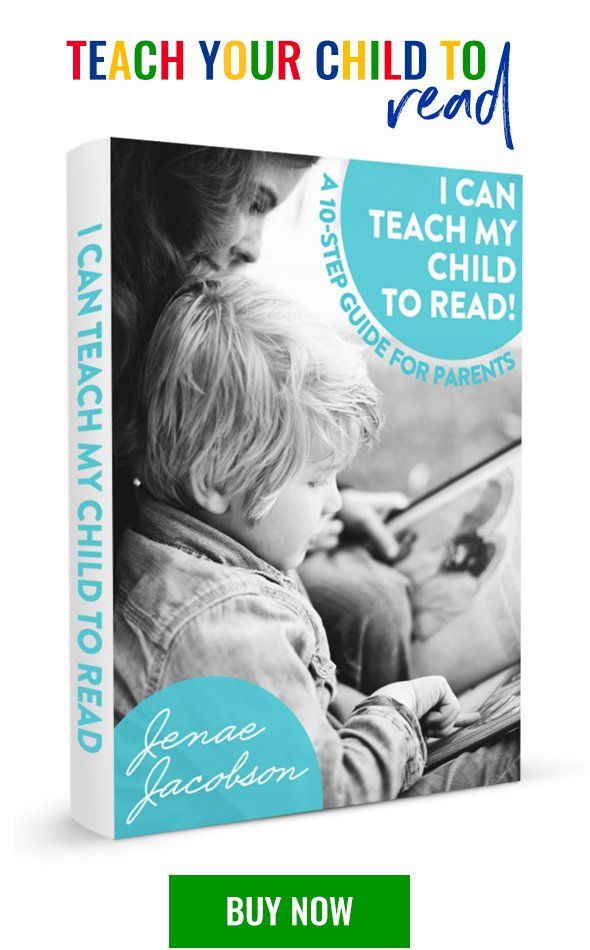 Look for books that contain short stories, particularly those with cause-and-effect relationships or a problem that the characters must work to overcome.
Look for books that contain short stories, particularly those with cause-and-effect relationships or a problem that the characters must work to overcome.
Repetition is important at this age, so try to find books that allow you to rhyme, sing, or otherwise repeat the text in some way. While you’re at it, take some time to pause as you read books with repetition to see if your little one fills in the blank.
You may also want to take time to draw connections between a main character and your child. For example, you might point out, “He’s sleeping in a big boy bed, just like you!”
By the way, you can start introducing books made with paper pages versus board books at this age. Just be sure to supervise to guard against your child ripping the pages.
Preschoolers and elementary school-aged kids have a wide range of reading abilities. It’s a good idea to take their lead when it comes to simple versus complex books.
Younger kids (and even some older ones) may still appreciate pictures with little text.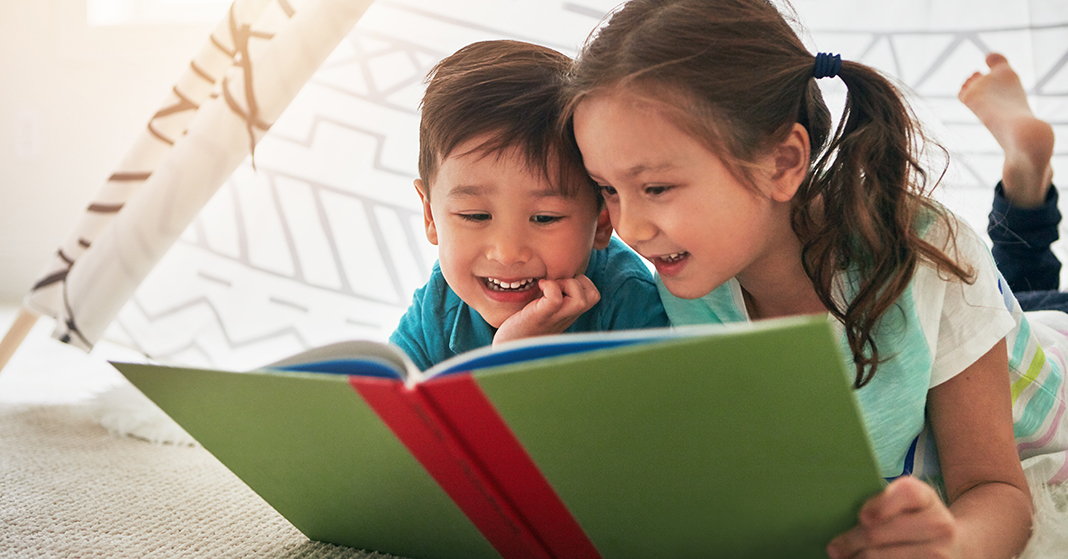 That said, you can start introducing stories that have more complex plots in them and books with more words than pictures — even chapter books.
That said, you can start introducing stories that have more complex plots in them and books with more words than pictures — even chapter books.
As your child begins reading on their own, you might involve them in the process of reading together by asking them to read words or sentences out loud along the way. This is great practice.
Ask questions as you move through the text, too — you don’t have to wait until the end of the book or chapter to check your child’s comprehension. Try open-ended questions like “What do you think might happen next?” These will help your child delve deeper, rather than surface questions like “What color is the house?”
Experts recommend engaging in literacy activities (like reading) for around 30 minutes per day. But you can also think outside the book here.
Try reading traffic signs or cereal boxes, singing songs, listening to audiobooks together, or having your child read to you to the best of their ability. It’s all good.
Librarian Donna Jeansonne says that you shouldn’t stop reading to your child once they learn to read themselves.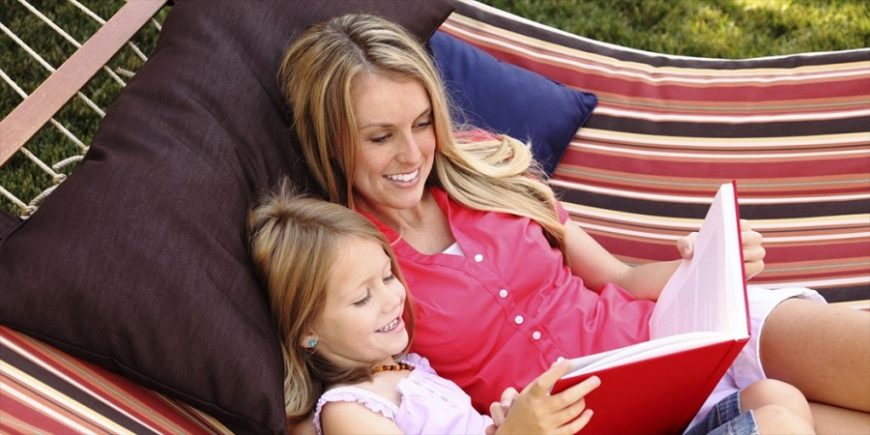 While independent reading is certainly important, reading out loud to kids as old as age 14 still holds benefits, both academically and emotionally.
While independent reading is certainly important, reading out loud to kids as old as age 14 still holds benefits, both academically and emotionally.
At this age, it’s about your older child’s reading fluency and comprehension. It may be helpful for them to follow along in the book as you read. And consider asking questions about the text to gauge their comprehension.
Again, all you really need to do is take the time to read to your child. It’s truly as simple as that. However, you might be wondering how to make the experience more enjoyable for everyone.
Here are some tips:
- Be consistent. Whether it’s one book per day or 15, try to make reading a part of your regular routine. And while you’re at it, you don’t have to read different books each time you sit down. Kids love hearing the same stories over and over again — and they learn through this type of repetition.
- Take your time. Be sure to leave enough time to read versus sneaking it in or — worse — making it a chore.
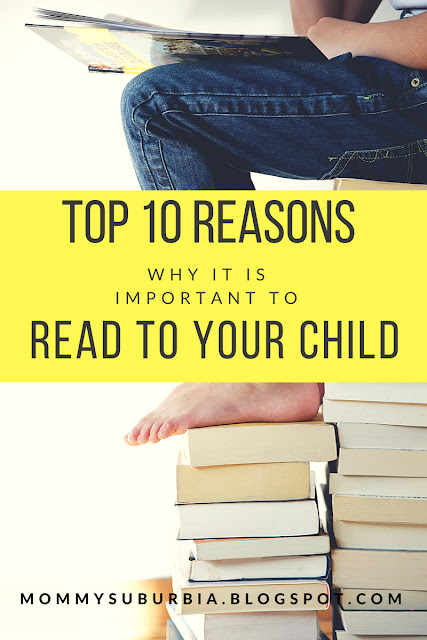 Of course, you won’t have loads of time each day to read, so some quickies are just fine. However, your child should see reading as a dedicated activity and one that you give your full attention to.
Of course, you won’t have loads of time each day to read, so some quickies are just fine. However, your child should see reading as a dedicated activity and one that you give your full attention to. - Make it fun. Use different voices for characters, pauses, songs, or other dramatics to make the story come to life. Reading with flair will help your child better understand the story. It also provides a good model of expressive and fluent reading for kids who have begun reading by themselves.
- Point out connections. Children love applying stories to their own lives. It not only makes the text more meaningful, but it also may help your child cope with different situations they encounter in their everyday experience. Point out those connections to your child. Note where the character was brave about that monster beneath their bed. Applaud the character who used the potty for the first time.
- Don’t stop with books. Any exchange of words is beneficial to kids.
 So, if you’re uninspired by books one night, turn to telling stories. You can also look at pictures and talk about what you see or ask your child to be the storyteller. Anything that gets language flowing between you and your child is golden.
So, if you’re uninspired by books one night, turn to telling stories. You can also look at pictures and talk about what you see or ask your child to be the storyteller. Anything that gets language flowing between you and your child is golden.
When it comes to early literacy and language skills, both the quality and quantity of the words you speak to your child matter. Books provide an excellent opportunity to get talking, telling stories, and connecting with your little one.
If you still don’t know exactly how to start, consider hitting up your local library and chatting with a librarian in the children’s department. You can get book suggestions, take out books and other media for free, and sign up for events (like in-person or virtual story hours) that’ll get your whole family inspired to read.
Reading with Your Child | Reading Rockets
By: Bernice Cullinan, Brod Bagert
There is no more important activity for preparing your child to succeed as a reader than reading aloud together.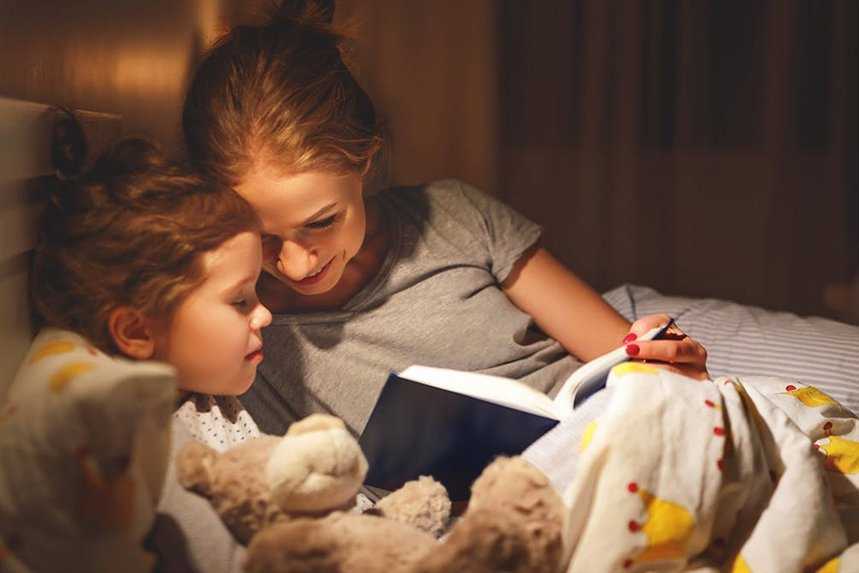 Fill your story times with a variety of books. Be consistent, be patient, and watch the magic work.
Fill your story times with a variety of books. Be consistent, be patient, and watch the magic work.
It's no secret that activities at home are an important supplement to the classroom, but there's more to it than that. There are things that parents can give children at home that the classrooms cannot give.
Start young and stay with it
At just a few months of age, an infant can look at pictures, listen to your voice, and point to objects on cardboard pages. Guide your child by pointing to the pictures, and say the names of the various objects. By drawing attention to pictures and associating the words with both pictures and the real-world objects, your child will learn the importance of language.
Children learn to love the sound of language before they even notice the existence of printed words on a page. Reading books aloud to children stimulates their imagination and expands their understanding of the world. It helps them develop language and listening skills and prepares them to understand the written word.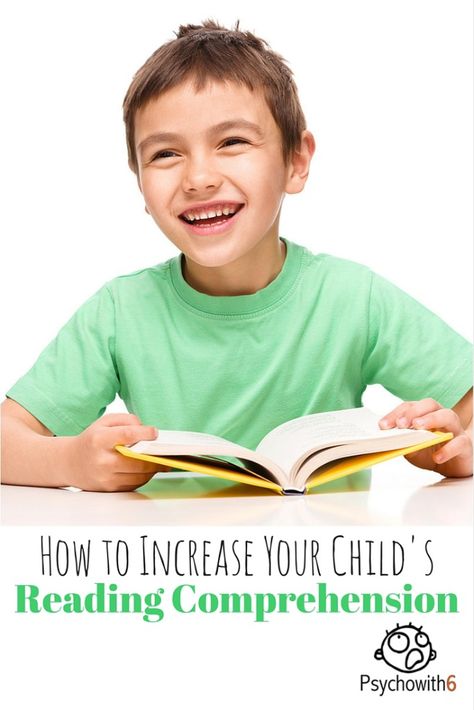 When the rhythm and melody of language become a part of a child's life, learning to read will be as natural as learning to walk and talk.
When the rhythm and melody of language become a part of a child's life, learning to read will be as natural as learning to walk and talk.
Even after children learn to read by themselves, it's still important for you to read aloud together. By reading stories that are on their interest level, but beyond their reading level, you can stretch young readers' understanding and motivate them to improve their skills.
It’s part of life
Although the life of a parent is often hectic, you should try to read with your child at least once a day at a regularly scheduled time. But don't be discouraged if you skip a day or don't always keep to your schedule. Just read to your child as often as you possibly can.
If you have more than one child, try to spend some time reading alone with each child, especially if they're more than two years apart. However, it's also fine to read to children at different stages and ages at the same time. Most children enjoy listening to many types of stories.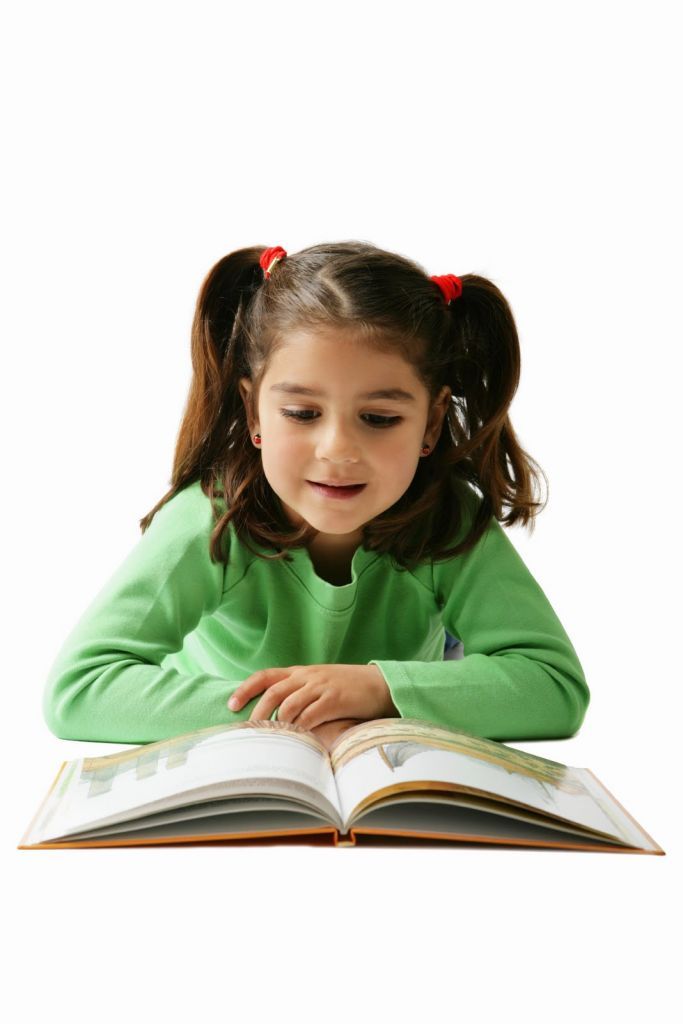 When stories are complex, children can still get the idea and can be encouraged to ask questions. When stories are easy or familiar, youngsters enjoy these "old friends" and may even help in the reading.
When stories are complex, children can still get the idea and can be encouraged to ask questions. When stories are easy or familiar, youngsters enjoy these "old friends" and may even help in the reading.
Taking the time to read with your children on a regular basis sends an important message: Reading is worthwhile.
One more time
You may go through a period when your child favors one book and wants it read night after night. It is not unusual for children to favor a particular story, and this can be boring for parents. Keep in mind, however, that a favorite story may speak to your child's interests or emotional needs. Be patient. Continue to expose your children to a wealth of books and eventually they will be ready for more stories.
Talking about stories
It's often a good idea to talk about a story you are reading, but you need not feel compelled to talk about every story. Good stories will encourage a love for reading, with or without conversation. And sometimes children need time to think about stories they have read.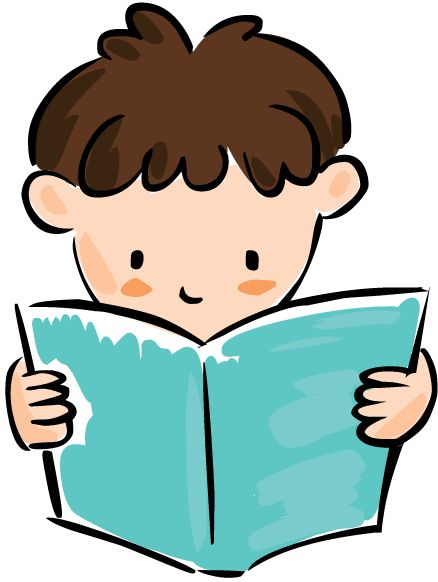 A day or so later, don't be surprised if your child mentions something from a story you've read together.
A day or so later, don't be surprised if your child mentions something from a story you've read together.
Remember when you were very young
It will help, however, if we open our eyes to some things adult readers tend to take for granted. It's easier to be patient when we remember how much children do not know. Here are a few concepts we adults know so well we forget sometimes we ever learned them.
- There's a difference between words and pictures. Point to the print as you read aloud.
- Words on a page have meaning, and that is what we learn to read.
- Words go across the page from left to right. Follow with your finger as you read.
- Words on a page are made up of letters and are separated by a space.
- Each letter has at least two forms: one for capital letters and and one for small letters.
These are examples of hieroglyphics.
Imagine how you would feel if you were trying to interpret a book full of such symbols.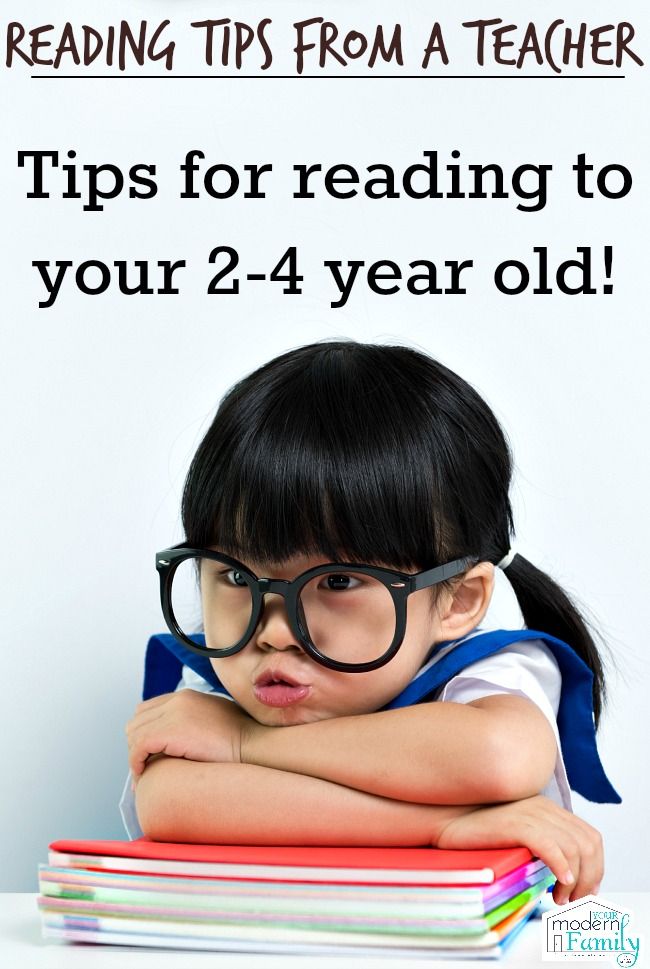 That's how young readers feel. But, a little patience (maybe by turning it into a puzzle you can solve together) is certain to build confidence.
That's how young readers feel. But, a little patience (maybe by turning it into a puzzle you can solve together) is certain to build confidence.
Advertise the joy of reading!
Our goal is to motivate children to want to read so they will practice reading independently and, thus, become fluent readers. That happens when children enjoy reading. We parents can do for reading what fast food chains do for hamburgers? ADVERTISE! And we advertise by reading great stories and poems to children.
We can help our children find the tools they need to succeed in life. Having access to information through the printed word is an absolute necessity. Knowledge is power, and books are full of it. But reading is more than just a practical tool. Through books we can enrich our minds; we can also relax and enjoy some precious leisure moments.
With your help, your children can begin a lifelong relationship with the printed word, so they grow into adults who read easily and frequently whether for business, knowledge, or pleasure.
Read online “School overload. How to help your child”, A.E. Soboleva – LitRes
Foreword
“Happy, unique time of childhood!” – how to disagree with the great Tolstoy… Everything is so, but only in this “happy” period of life every child has to go through many difficulties and trials. Having worked with children with learning difficulties for many years, we know very well how difficult it is to be a child. With admission to school, the time of games, cloudless joy and complete irresponsibility ends.
Schoolchildren have many concerns: to get excellent grades, to obey teachers, to please parents, to have good friends, useful hobbies, to be no worse than others. The kid, with whom neither mom and dad, nor the teacher, nor the grandmother had any problems, becoming a first grader, sometimes turns into one huge problem. Where are her roots? Where is her decision? And is there any? In this book, we will try to answer these questions in order to help parents organize their student's life in the best possible way.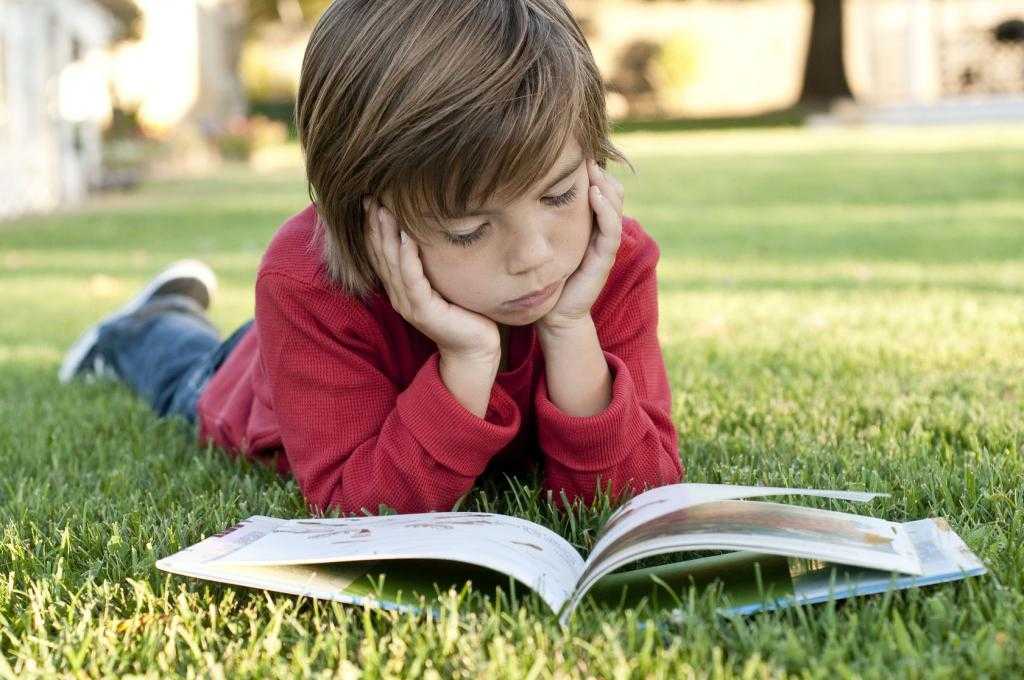
Big things are made up of small things, success and success in learning and growing up also have specific components, sometimes they seem so insignificant that you want to give up on these little things. But in childhood, everything seems higher and more significant, it’s not for nothing that, remembering ourselves as a child, we say: “Then the trees were big ...” It is quite real to turn school years into a “happy and unique time”: choose the right school and teacher, skillfully help build relationships with classmates, study and relax, do not take on someone else's responsibility, trying to bring it up in a child. How to achieve all this? Read! We are happy to share our knowledge, observations and experience with you.
Part I
Problems of time and place
1. Why does a child get tired? The boy looked focused, clearly trying his best to answer the test questions. To an outside observer it might seem that he should not have any special problems with his studies.
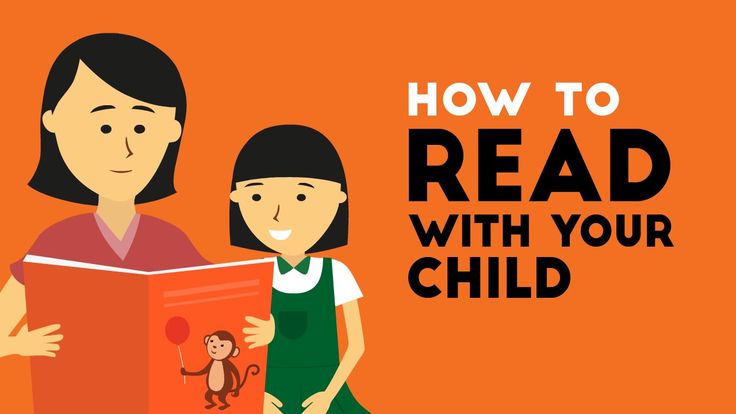 However, it turned out that he finished the third grade with only Cs, refuses to read, teachers often call him “stupid”, and everything else Zhenya gets sick sometimes twice a month. Mom really hoped to somehow pull up her son over the summer and was extremely surprised when she heard from a neuropsychologist: “No, we don’t advise you to study in the summer. You have no idea how tired your child is!”
However, it turned out that he finished the third grade with only Cs, refuses to read, teachers often call him “stupid”, and everything else Zhenya gets sick sometimes twice a month. Mom really hoped to somehow pull up her son over the summer and was extremely surprised when she heard from a neuropsychologist: “No, we don’t advise you to study in the summer. You have no idea how tired your child is!” Many children are in a state of extreme fatigue most of the time at school, so it is simply cruel to force them to study math or study Russian during the holidays. And if he starts to teach through force, he gets sick. Most of Zhenya's problems, like those of many of his friends in misfortune who come to the center of neuropsychology every day, lie in the immaturity of the brain, or rather, those departments that are responsible for feeding the brain structures, supplying them with energy. If there is little energy, the whole brain, which may be well arranged, does not work, but is inactive.
The condition of the nerve cells of this important block depends on the intensity of metabolic processes inside the body and on the stimulation of our sense organs. The more active a person is physically, the more various sensations he experiences, the better his internal organs work, the higher his intellect. And vice versa, as soon as the physical forces are depleted, the brain is also depleted. Therefore, in the summer, the child does not need any intellectual activities, especially in the form of additional lessons. But as much as possible you should run barefoot - on the grass, on the sand, on the sea pebbles. Swim as much as possible - even in the sea, even in the basin - the temperature contrast is important. This irritates the nerve endings of the skin and tones the entire body. Walk as much as possible, ride a bike, get new impressions from communicating with nature, with friends, animals.
Zhenya's mother also received similar recommendations, and when she came back to the center in the autumn, it turned out that the summer was not in vain: Zhenya became active, raised his hand in class, got his first A's in the new academic year. True, he did not have time to read all the books on the list, but he learned to swim. Now mom wants Zhenya to take a course of neurocorrection, and she believes that the books will never go away from him. This is what it means to nourish the brain.
True, he did not have time to read all the books on the list, but he learned to swim. Now mom wants Zhenya to take a course of neurocorrection, and she believes that the books will never go away from him. This is what it means to nourish the brain.
Nikita is a year younger than Zhenya. He is more direct and liberated. As soon as he entered the room, he immediately grabbed the pen from the table, turned it around, put it down, and it rolled and fell to the floor. Nikita bent down, reached for a pen, and found a pencil behind the table leg, forgot about the pen, pulled out a pencil, rolled it in his palms ... Mom complains about illiteracy, bad behavior in class (the teacher was tired of writing comments in her diary). And you can’t keep him at home, he spins and spins all the time. As the test results showed, Nikita's adequate behavior is prevented both by the insufficient formation of the energy block (like Zhenya's), and the poor functioning of the block responsible for taking into account all kinds of rules and norms of behavior.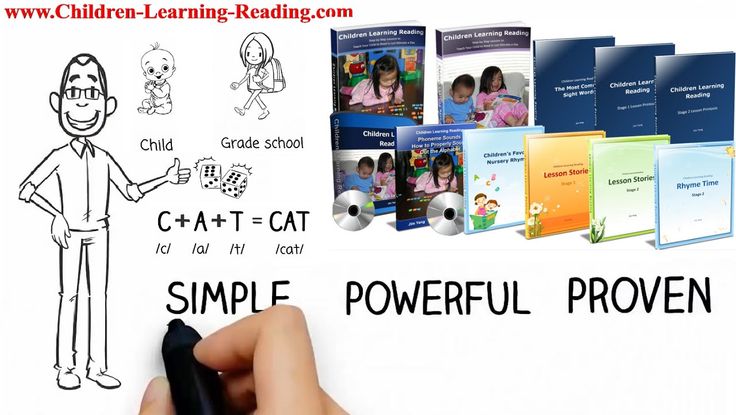 Nikita is simply not able to take into account the rules - hence his endless mistakes in Russian.
Nikita is simply not able to take into account the rules - hence his endless mistakes in Russian.
In the summer, Nikita was advised to rub himself with a dry and wet massage mitt, take a contrast shower, and also undergo a course of a special neck zone massage. Nikita's hyperactivity is caused by insufficiency of subcortical formations, so his brain should be toned. However, Nikita's mother did not believe that such elementary procedures would really help her son. Throughout August, the boy studied Russian with the teacher, and when in October his mother came to the center again, the test results dropped significantly. Not only did Nikita's brain not rest during the summer, but it also did not replenish its energy reserves, now the work of the neurocorrector will become more complicated and it will take much more time to help the boy.
Neuropsychologists do not get tired of repeating: before you additionally study this or that subject with a lagging child, you need to find out the reasons for this lagging behind. Often there is such a situation - the more the child learns the subject, the worse his success. How can this be explained? Yes, very easy! Imagine a child who is not given a mental account, he can’t learn the multiplication table in any way, he doesn’t memorize poetry well. All this is because he has a poorly developed sense of rhythm. If he “pounds” verses or the multiplication table day and night, the organization of his brain will not change, and the corresponding hemisphere will only be further oppressed. Usually, it is the type of activity that is difficult for a person to cause overload. The brain itself does not cope with the task, the lack of a positive result leads to a decrease in self-esteem and psychological discomfort.
Often there is such a situation - the more the child learns the subject, the worse his success. How can this be explained? Yes, very easy! Imagine a child who is not given a mental account, he can’t learn the multiplication table in any way, he doesn’t memorize poetry well. All this is because he has a poorly developed sense of rhythm. If he “pounds” verses or the multiplication table day and night, the organization of his brain will not change, and the corresponding hemisphere will only be further oppressed. Usually, it is the type of activity that is difficult for a person to cause overload. The brain itself does not cope with the task, the lack of a positive result leads to a decrease in self-esteem and psychological discomfort.
Speaking about a child that he is “stupid”, “doesn't understand anything”, we do not explain his behavior, but only underestimate his self-esteem. First of all, you should find out the nature of his school failures and then try to help. Monotonous activities are contraindicated for a child with insufficiency of brain structures, but in a playful way, he will easily master both spelling and addition with multiplication.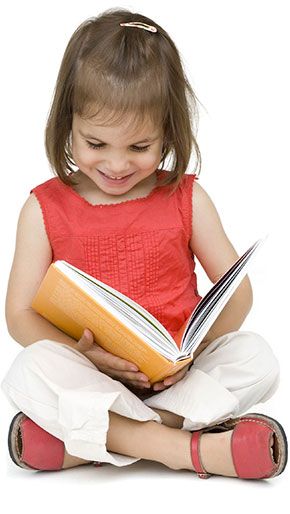
Parents often cite themselves or older children as an example, with whom “there were no problems”, not realizing that today's children are really “arranged differently”. They are not like we were, who had time to be "good students", attend a theater group, a ski section and had the whole yard as friends. The objective reality is that the number of children with minimal brain pathologies is increasing, and the study load is constantly increasing. Already in elementary school, many children begin to learn two foreign languages, history, economics; textbooks and programs become more complicated. Bad ecology, pathologies of pregnancy, the very rhythm of modern life, in which the child does not receive what he needs for full development, both physical and mental. So, children lack communication with their peers - many do not even know what a yard is, how they play “Cossack robbers”, hide and seek. In many homes, books were replaced first by a TV, and then by a computer. Often too busy parents do not find a minute to pat the child on the head at night, it’s good if someone else’s aunt does this - a nanny or a housekeeper.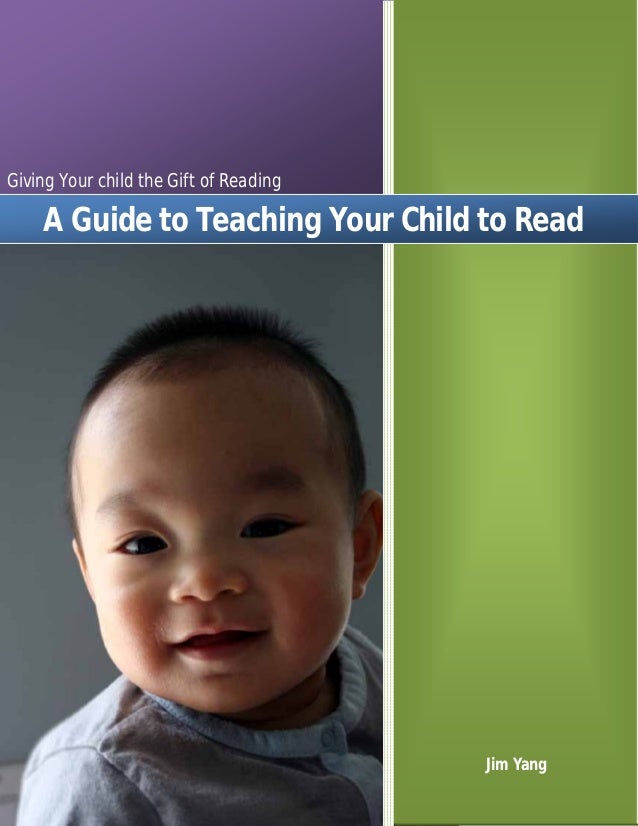
There are also families where only “daddy's chauffeur Uncle Kolya” takes care of raising the heir of business parents, who takes him to school, picks him up from school, then takes him to the pool and becomes almost the only person open for communication.
Today's children, for the most part, cannot learn in the same way as we do, and even more so as their grandparents. Therefore, for their successful education, it is necessary to look for suitable options, to adapt to the essence of the child. You can not cut everyone with the same brush. It is necessary to look for an individual approach to each, to get to the bottom of the problem and help to solve it.
What children's books to read to a child? | Home and family
If you treat this condescendingly, you can lose a powerful source of development, inspiration and upbringing of your child. With luck, grandparents can keep the books of our childhood, but now there are just not enough of them.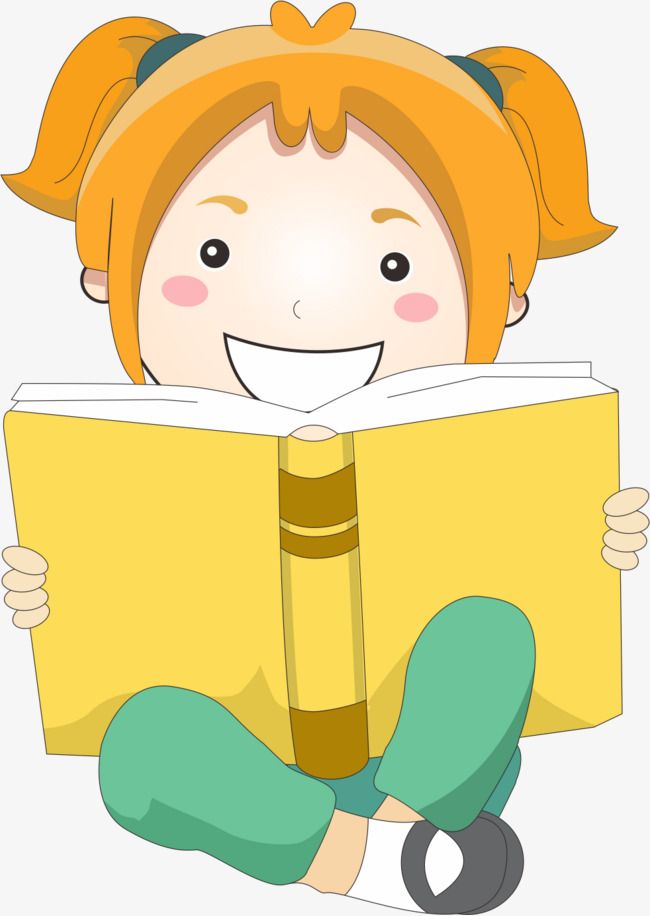 Reading brings us closer to children, helps us understand what we cannot convey to a child directly - compassion, care, hope, the power of faith.
Reading brings us closer to children, helps us understand what we cannot convey to a child directly - compassion, care, hope, the power of faith.
How to choose books? Let's try to figure it out.
If you are inspired by a book, or if you are struck by its illustrations, content, take it, regardless of the recommendations for the age of the child. It happens that at 7 or 10 years old you can enjoy reading a book with a minimum of text, but amazing pictures that encourage you to write your own stories. Or vice versa: watching a cartoon, hearing an excerpt from a big book can hook a child, and he will listen with attention to Mowgli or Tom Sawyer at the age of three. It has been experimentally verified that audio fairy tales can also prepare a child for reading rather complex and large works.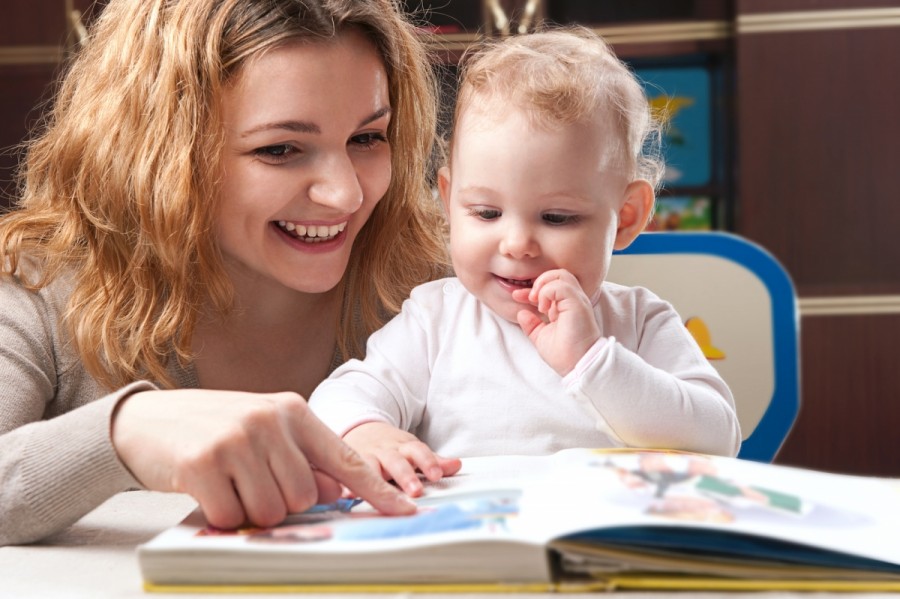
Taste contemporary authors. Here are the creative Tulle Herve, who allows you to play with his book, and the mischievous Tyukhtyaevs with Zoks and Bada, and Nurdqvist Sven, who writes and draws for children with a philosophy for adults. It's really amazing to find children's books that evoke both curiosity and excitement that seemed to be long gone.
Classic - that's what a classic is, to always find its place in the hearts of children. And you've been reading it for years. For kids, the works of Andersen, the Brothers Grimm, Perrault, folk tales are reduced to a minimum. Later, picking up the original, even an adult will be surprised by the richness and beauty of the language of these fairy tales, their depth and content.
It turns out that The Three Little Pigs in the original was not written on two pages and is filled with deep meaning. Photo: Depositphotos
Photo: Depositphotos
Books about nature and animals are harder for children to read now. They have a hard time accepting "inhuman" heroes. For me, encyclopedias and photo books were the way out, in which we looked at animals and landscapes without delving into statistical data.
For example, the whole family can spend more than one evening with Igor Shpilenok's albums. There is laughter and sadness, an understanding of one's weakness in the face of natural strength and shame for the people who so thoughtlessly destroy it. Fascinating stories about animals can be read from the consummate storyteller Kipling or from Gerald Durrell.
It is not always possible to keep your childhood books. But in today's reality, this is not to be regretted! Many publishing houses have decided to fill this gap and publish books by our mothers and grandmothers. It is a double pleasure to remember your childhood, to feel the secret joy and longing from meeting your favorite work and to read it to your child. For me, Cinderella with illustrations by Bulatov and Vasiliev became such a magical book.
But in today's reality, this is not to be regretted! Many publishing houses have decided to fill this gap and publish books by our mothers and grandmothers. It is a double pleasure to remember your childhood, to feel the secret joy and longing from meeting your favorite work and to read it to your child. For me, Cinderella with illustrations by Bulatov and Vasiliev became such a magical book.
Now, in addition to fiction, you can find many educational, developing books on a variety of topics. Scarry Richard will satisfy the needs of boys who are passionate about cars and technology; Golubev Alexander - lovers of drawing, playing and solving problems at the same time; "Merry Hide-and-Seek" will develop attention and imagination. You can find books for children that talk about painting, anatomy, astronomy, fashion, and even aircraft in an interesting and understandable way.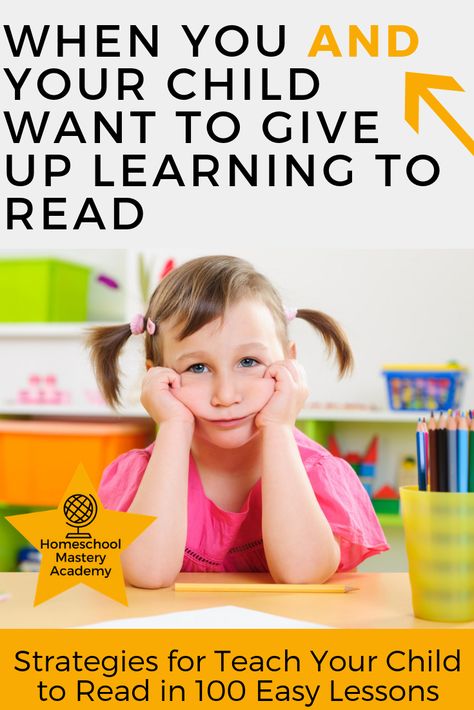 They also make good gifts. Photo: Depositphotos
They also make good gifts. Photo: Depositphotos
Another large section covers books with which you can create. How to mold anything from plasticine, how to draw any animal, how to arrange a holiday, learn tricks or cook with the help of children's recipes...
There are books-theatres and those where you can create your own story by adding your plot to existing pictures.
My favorites are children's books with illustrations by recognized masters. Lomaev, Oleinikov, Antonenkov, Bugoslavskaya, Chelushkin, Kirdy and many others. I'm not sure that I choose these masterpieces only for the child, most likely for myself! And children have their own love when they ask to read the same fairy tales for weeks and months.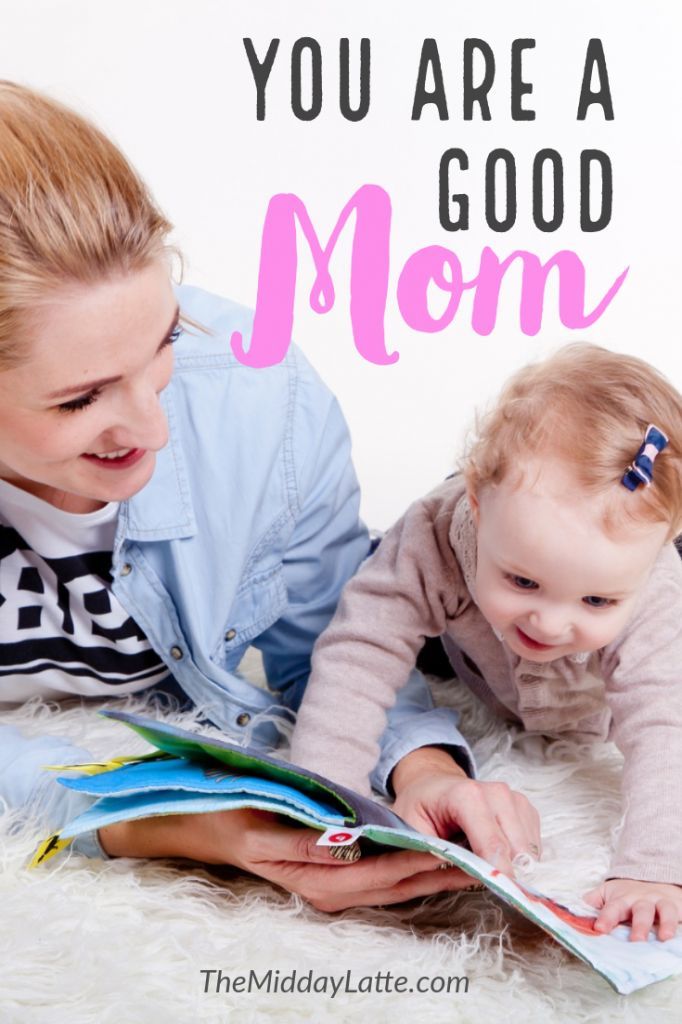 Our list includes Nosov's Dunno, almost all of Astrid Lingred's books, Deniskin's Stories, books by Julia Donalds, attractive stories about Sasha and Masha by Annie Schmidt, Suteev, the Once Upon a Time Rabbits series.
Our list includes Nosov's Dunno, almost all of Astrid Lingred's books, Deniskin's Stories, books by Julia Donalds, attractive stories about Sasha and Masha by Annie Schmidt, Suteev, the Once Upon a Time Rabbits series.
You can please with unusual and therefore attractive books for children. For kids, they can be panoramas, publications with sound effects aimed at tactile sensations, for older children - encyclopedias with secrets, voluminous books, like those of Robert Sabuda. Photo: Depositphotos
So how do you choose a book? Focus on your taste and intuition. When choosing a book, hold it in your hands, examine it. Read for yourself, ask familiar adults and children what they like. Someone who doesn’t really read may be happy with comics (now there is even a collection of drawings from Funny Pictures for kids), someone with a book after watching the movie of the same name.


